Faith actors addressing climate emergencies impacting women and girls
25 March 2022
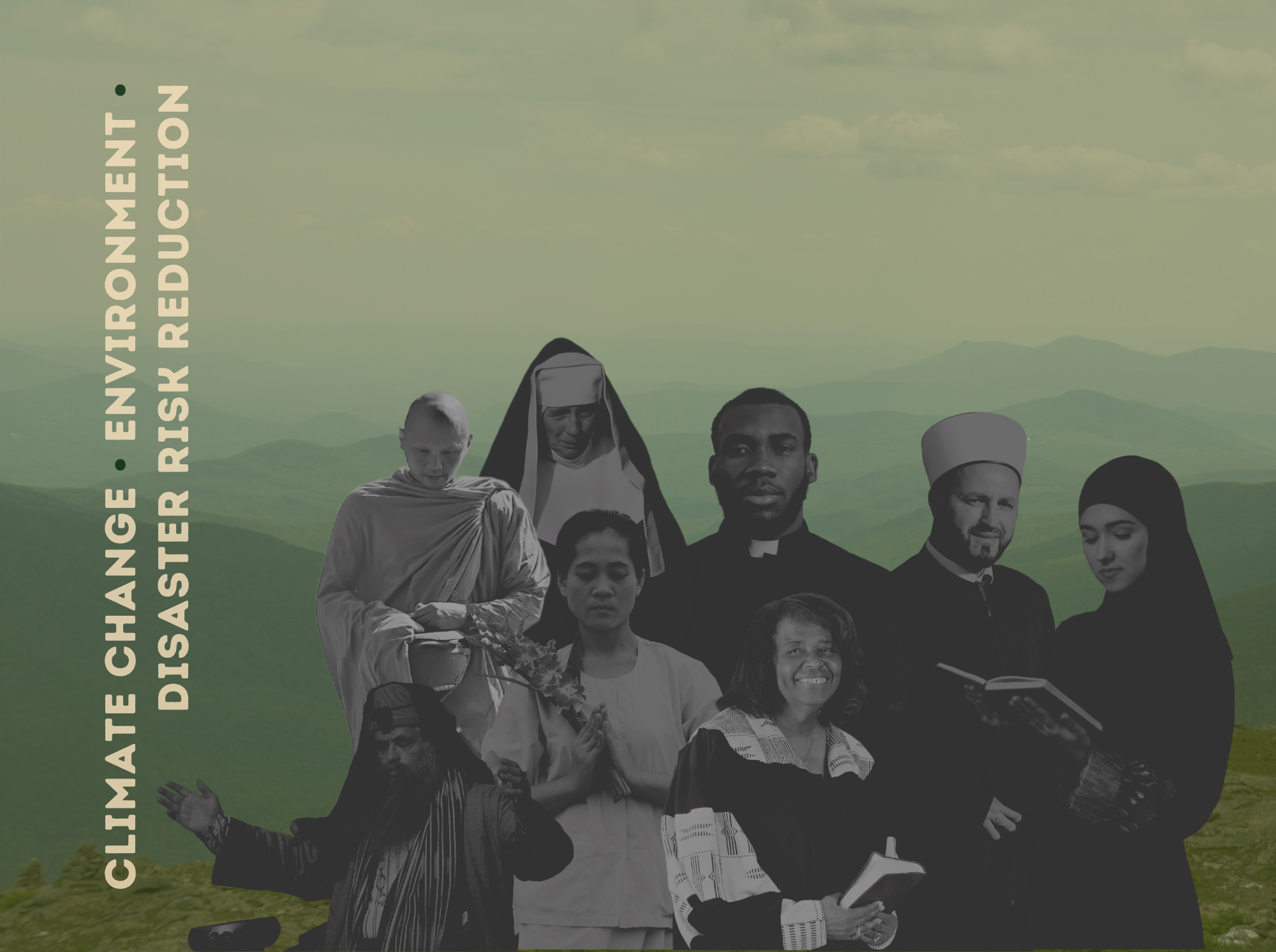
In line with the sixty-sixth session of the Commission on the Status of Women (CSW), faith actors convened for a discussion on highlighting how faith communities are paving the way to fight the climate crisis, with a specific focus on mitigating the impacts on women and girls to support sustainable peace. This event was co-hosted by the Network for Religious and Traditional Peacemakers, the Christian Council of Mozambique, the International Network for Engaged Buddhists, the Lutheran World Federation, Resilience Research Training and Consulting, and World Vision. Missed the event? Watch the recording below!
Simon Woell, Project Officer for the Network for Religious and Traditional Peacemakers, kicked off the event by explaining how faith actors often are the first responders to emergencies in their communities, especially for emergencies impacting women and girls and that the climate emergency is the greatest challenge of our lifetime. He also emphasized the importance of civil society to be active agents of change and to use their voices to raise awareness of the climate crisis.
Tanya Ghorra, Secretary and Accountant for the Adyan Foundation then moderated the panel presentations, asking each speaker about the specific climate emergencies impacting women and girls in their community and the efforts being led by faith actors and institutions to address this issue.
Renate Gierus, a Pastor at the Evangelical Church of the Lutheran Confession in Brazil, brought up that communities, especially indigenous communities, are greatly affected by climate change due to the increase in violence against women and young girls. Little or no recognition of Indigenous communities also generates feelings of insecurities and racism. Gierus further explained the various degrees to which governments prioritize the protection of land, specifically noting indigenous land in Brazil. The lack of prioritization of indigenous land, and therefore the communities, often results in these populations enduring increased violence and insecurity. Pastor Renate urged that action from the United Nations Secretary-General is needed to protect the dignity and life of indigenous women and girls and called for governments to contribute to combatting climate change through supporting women and girls. Click here to view Renate Gierus’s presentation.
To summarize the role of faith actors, the event partners created a video that showcased how faith actors have been responding to climate emergencies impacting women and girls. The video was moderated by Azmaira Alibhai from UNEP Faiths for Earth Initiative.
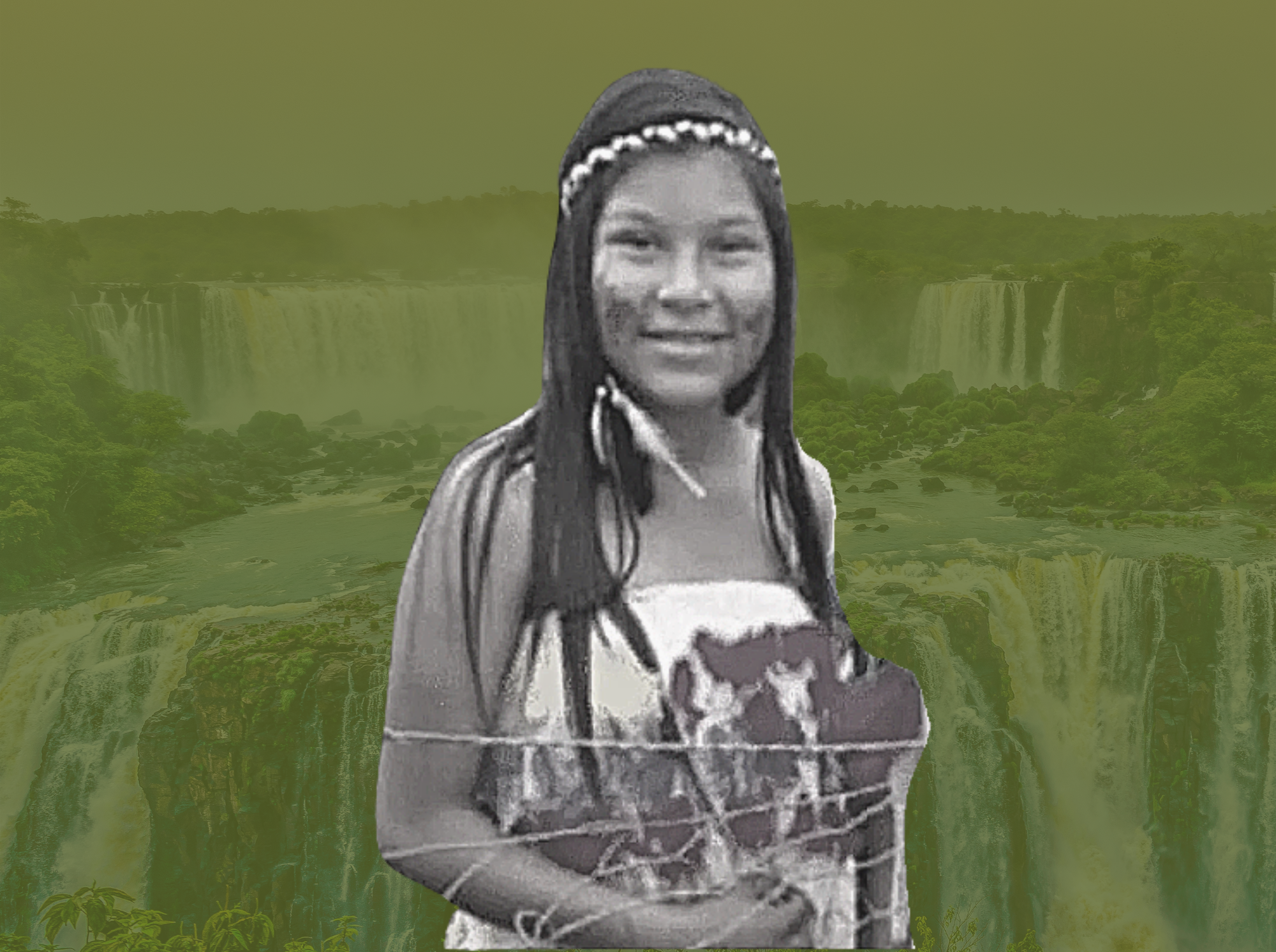
Daiane Griá Sales, a young indigenous woman from the Kaingang people in South Brazil
Next, Reverend Agostao Zitha, a National Program Director of the Christian Council of Mozambique, explained how climate change is increasing the vulnerability of Mozambique. The increase of extreme weather patterns, including severe droughts and tropical cyclones has resulted in the destruction of communities and increased poverty rates. Rev. Agosto Zitha further explained how the effects of extreme weather have a detrimental impact on the well-being of communities, specifically women and children. After such devastation occurs, women and children often face greater difficulties in returning to normal life because there is little to no support for them after the occurrence of a climate emergency. To combat this, Reverend Zitha shared the concept of disaster risk reduction, a set of practices aimed at reducing disaster losses or damage through a prevention ethic, further limiting the exposure and vulnerability of women and girls. Reverend Zitha concluded in emphasizing the important role women play to support the economic and social growth of communities, especially in promoting agricultural and social diversity. Click here to view Reverend Agostao’s presentation.
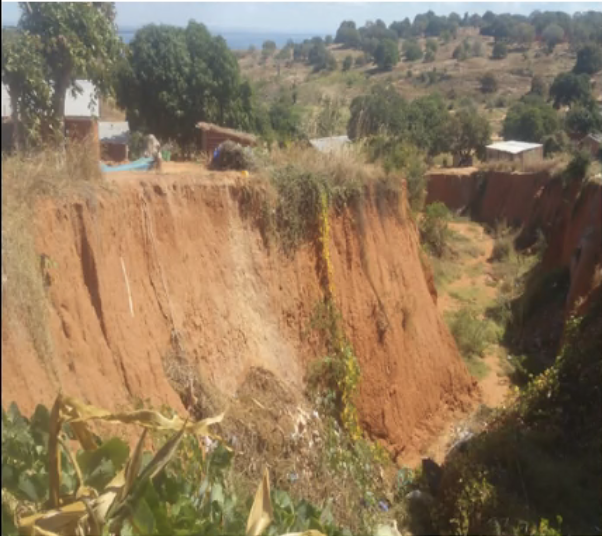
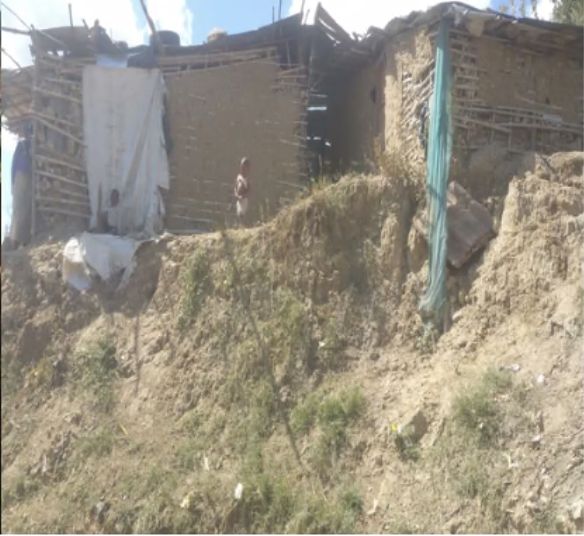
Images presented by Reverend Zitha showing the impact of climate change in Mozambique.
Next, Topsi Wansiri Rongrongmuang, Project Coordinator for the International Network of Engaged Buddhists (INEB), showcased the impacts of climate change on women in Thailand and broader Southeast Asia. Ms. Rongrongmuang spoke about how INEB has collaborated with faith actors to address climate emergencies through Eco Temples. The partnership with local Buddhist temples is helping to establish climate awareness within communities through connecting the topic with Buddhist principles. INEB is currently supporting two projects on climate change within the region. The Metta Garden, founded by Kanchana Weerakoon (President of Eco-Friendly Volunteers ECO-Y, Sri Lanka), is an urban, poison-free organic garden that is implemented through spiritual and natural energy as well as Buddhist principles. Metta, meaning loving-kindness, is the core concept of the garden project. The garden is divided into four parts, representing the four elements of nature: fire, water, earth, and air. It projects the ideology that humans are not at the top of the food chain, but rather are a part of a circle of life that contains all sentinel beings.
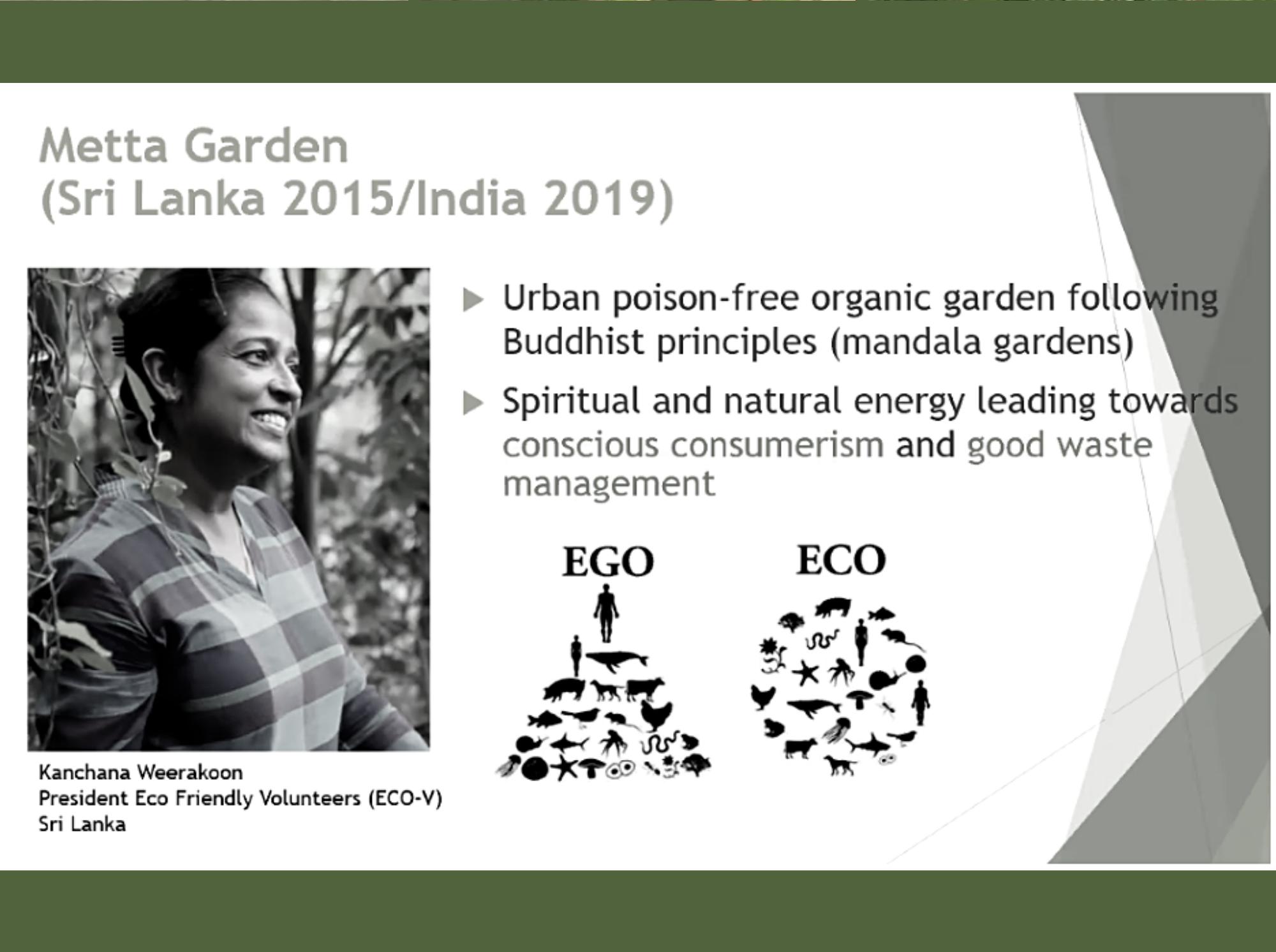
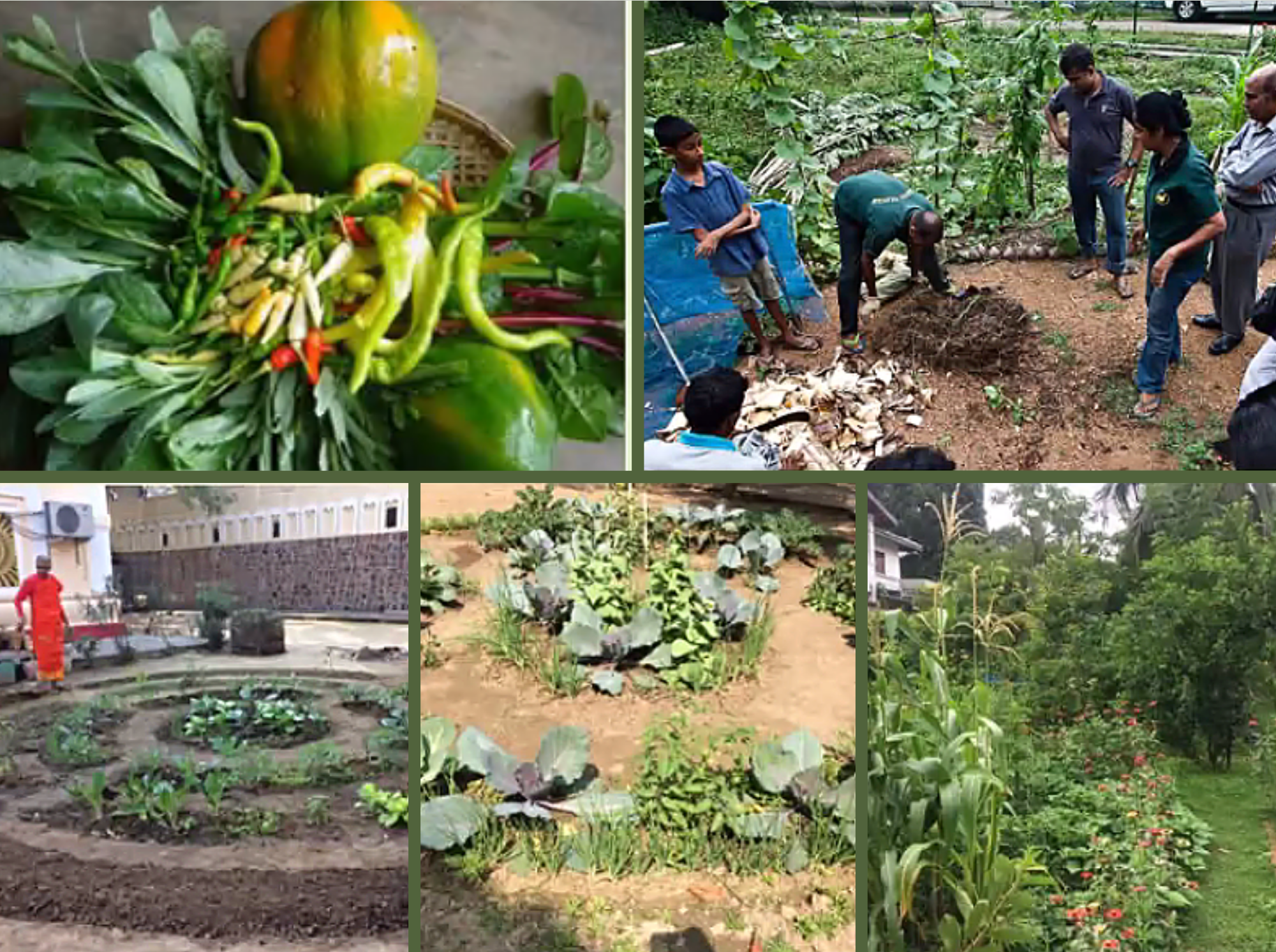
Ms. Rongrongmuang also highlighted a second project called the Theory of Agriculture, (Kok Nong Na), which incorporates Buddhist teachings in thinking about the connection of nature, our economy, and our society. This project focuses more on large-scale agricultural practices – Kok meaning high land and nong meaning storing water. Through using this theory, building water irrigation systems on highlands has been seen to be less affected by environmental disasters. This helps the system to work with the environment, instead of against it. Click here to view Ms. Rongrongmuang’s presentation.
Next, Dr. Novil Wijesekara, Founder of Resilience Research, Training and Consulting, shared his insights on how climate emergencies are affecting women and girls in Sri Lanka. Currently, Sri Lanka suffers from large scales disasters and has always been vulnerable to climate crises due to geographical location, high temperatures, and complex hydrological regime (timing, volume, and duration of flow events throughout a period of time influenced by climate). Over the past several years, Resilience Research, Training and Consulting has worked to address climate emergencies in Sri Lanka through encouraging interreligious actors religious actors, and communities to engage in training on topics, such as climate emergencies and climate change. Dr. Wijesekara emphasized that the project’s goal is to increase community resilience. As a result of this program, Dr.Wijesekara highlighted several notable deliverables, including training guides, flyers, and information brochures that were used for awareness-raising and knowledge dissemination. Click here to view Dr. Novil’s presentation.
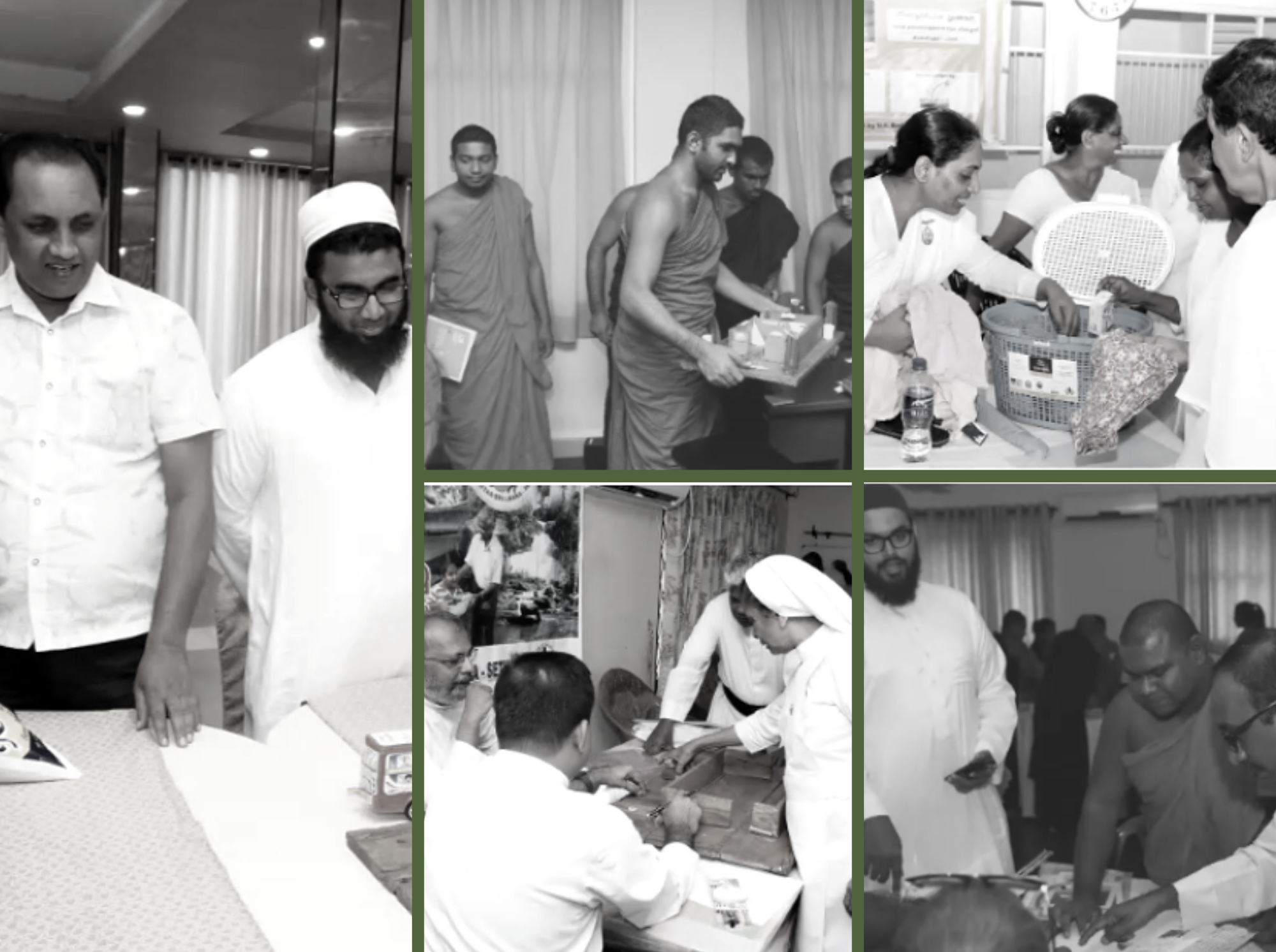
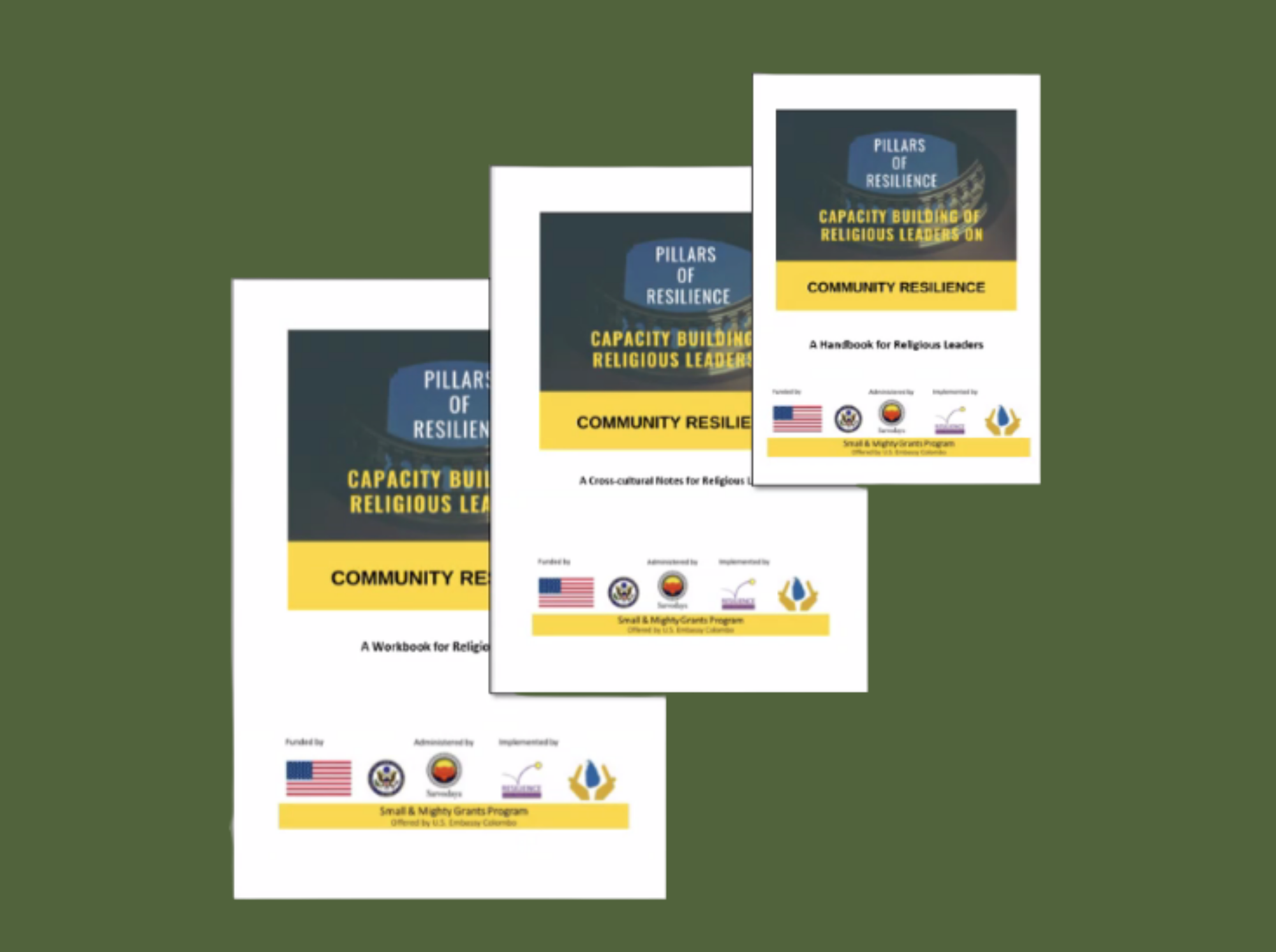
Finally, Hamed Constantin Tchinozo, Program Manager and Regreening Africa Project Coordinator at World Vision, highlighted Regreening Africa, a project that is being implemented in Niger with a focus on vulnerable and most affected communities. The project seeks to engage with a variety of community actors, such as religious actors, to increase collaboration in identifying and implementing solutions to bring back sustainable agriculture and architectural practices in Africa. In the context of Niger and West Africa, Mr. Tchinozo noted that natural resource access is difficult for women to obtain, which hinders the well-being of communities as a whole as women are often in charge of agriculture and farming initiatives. Mr. Tchinozo raised that the Regreening Africa project is responding to this issue through developing training programs for women in teaching them regenerative agricultural practices, while additionally giving them resources and guidance, so they are able to empower their villages. Finally, Hamed Constantin Tchinozo, Program Manager and Regreening Africa Project Coordinator at World Vision, highlighted Regreening Africa, a project that is being implemented in Niger with a focus on vulnerable and most affected communities. The project seeks to engage with a variety of community actors, such as religious actors, to increase collaboration in identifying and implementing solutions to bring back sustainable agriculture and architectural practices in Africa. In the context of Niger and West Africa, Mr. Tchinozo noted that natural resource access is difficult for women to obtain, which hinders the well-being of communities as a whole as women are often in charge of agriculture and farming initiatives. Mr. Tchinozo raised that the Regreening Africa project is responding to this issue through developing training programs for women in teaching them regenerative agricultural practices, while additionally giving them resources and guidance, so they are able to empower their villages. Click here to view Hamed Constantin’s presentation.
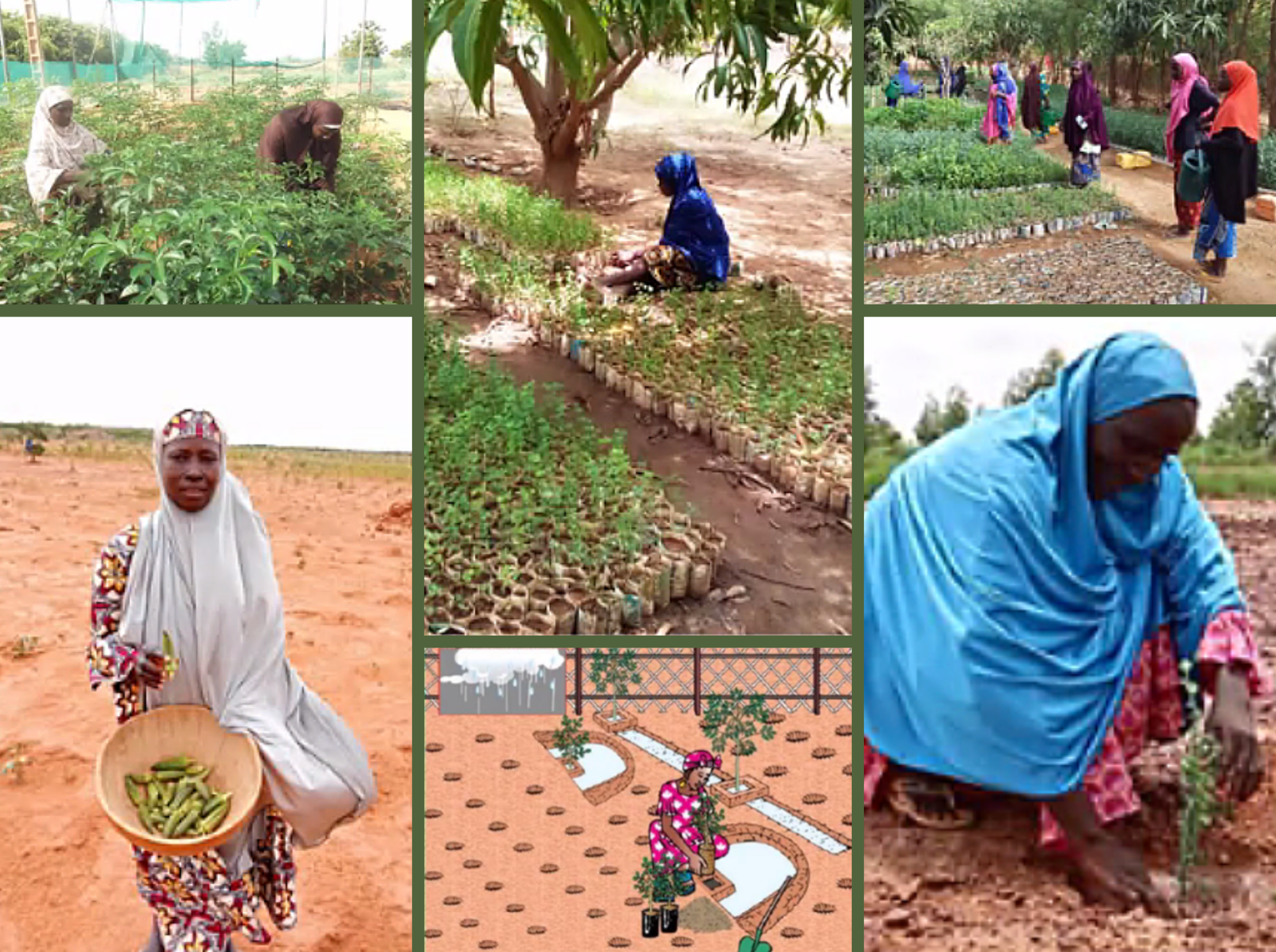
22500 HHs Livelihood improved with women nurseries management and tree planting activities / 5300 childrens’ nutrition improved with the production of nutritious crops and tree spices through BDL (bio-reclamation of degraded lands).
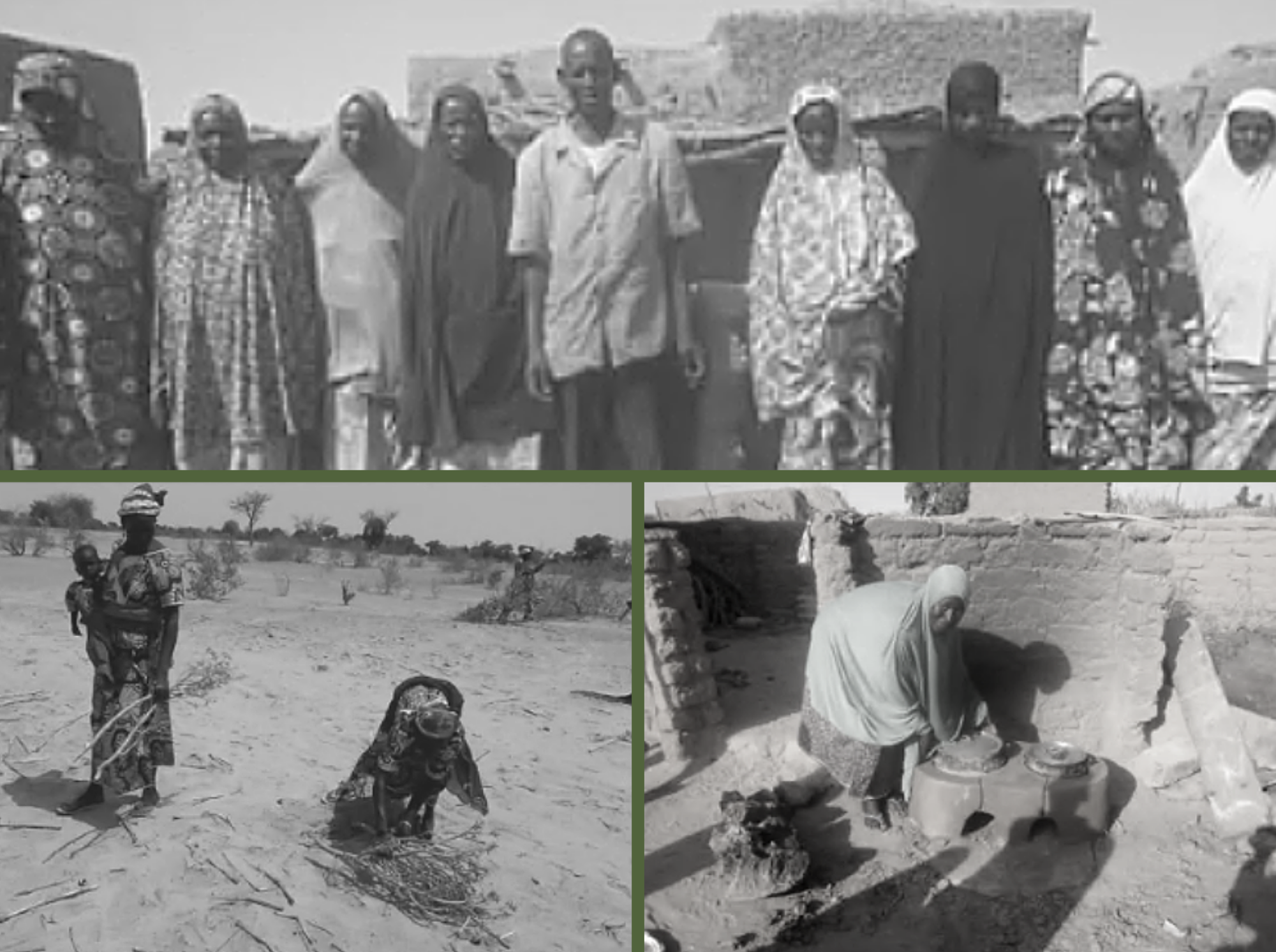
Women training and involved in FMNR despite their difficulty of access to land.
In reflecting on the conversation, panelists offered key takeaways on how local communities and faith leaders can continue to empower women and girls, especially in the context of climate emergencies. This includes 1) providing training for religious leaders to improve advocacy skills to bring issues of climate change to high-level discussions with local and national governments; 2) religious leaders need to be included in climate change action as trusted messengers and include these topics within their sermons to their communities; and 3) there need to be increased incentives for faith communities to engage in dialogue with indigenous communities, especially regarding the impact of climate emergencies and its direct impact on indigenous women and youth.
Follow the Network on social!
